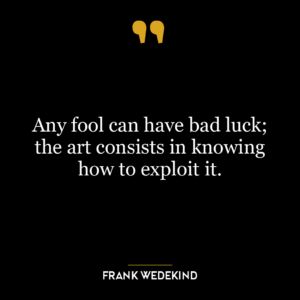The quote suggests that when we stop judging ourselves and others, we silence the constant chatter in our minds. This internal dialogue often consists of criticisms, worries, and doubts that can stifle our creative potential. By quieting this dialogue through non-judgment, we reopen the door to our creativity.
Non-judgment involves accepting things as they are without labeling them as good or bad. It’s about observing our thoughts and feelings without getting caught up in them. This mental state allows us to think more freely and creatively, as we are not constrained by preconceived notions or fears of making mistakes.
In today’s fast-paced, highly competitive world, we often judge ourselves harshly and compare ourselves to others. This can lead to stress, anxiety, and a lack of self-confidence, all of which can hinder our creativity. By practicing non-judgment, we can free ourselves from these negative thought patterns and create space for new, innovative ideas.
In terms of personal development, non-judgment can be a powerful tool for growth and self-improvement. It allows us to see ourselves clearly, without the distortion of self-criticism or self-doubt. This clarity can help us identify areas for improvement and make positive changes in our lives.
Non-judgment can also improve our relationships with others. When we stop judging others, we become more open and accepting. This can lead to deeper, more meaningful connections and a greater understanding of others’ perspectives.
In conclusion, non-judgment is a way to silence the internal dialogue that often holds us back. By practicing non-judgment, we can unlock our creative potential and foster personal growth and stronger relationships.












